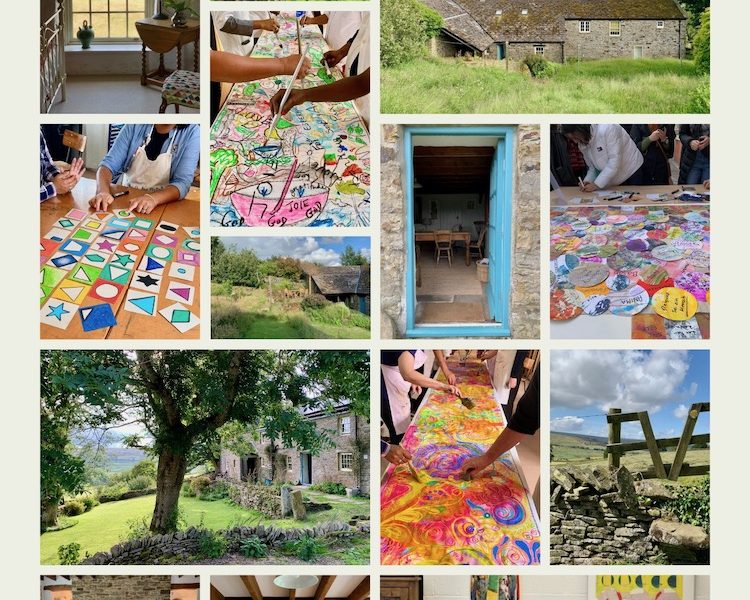
Arts, Innovation & Resilience in a Post-Covid World
Earlier this month, Arts Lab’s founder & director, Sara Downham-Lotto, was priviledged to take part in the Johns Hopkins Peabody Institute The Next Normal Symposium: Arts Innovation and Resilience in a Post-COVID World. The day proved hugely educational and inspiring, concluding that now is the time for the arts to grasp the opportunity of new possibilities.
Of the event, Peabody Dean Fred Bronstein wrote:
‘We had more than 1,000 participants attend from all walks of the performing arts, and what was immediately apparent was the hunger for, and exuberance at, just being able to be together virtually to talk about how the performing arts can emerge from the pandemic and – perhaps most important – how we leverage the experience to make fundamental change for the performing arts, as we grapple with long-term trends that challenge our field.
While in truth, we could barely scratch the surface in just one day, certain things were deeply felt. The need for our field to diversify our administrations, performing rosters, board members, audiences, and more, is urgent. For too long our field has approached this issue as peripheral. The other headline, for me, was that we need to build institutions across our field that are more flexible and adaptable structurally and programmatically, responsive to communities, open to evolving ways of making art that is relevant to peoples’ lives and needs, and embraced by an increasingly broader and more inclusive audience. And we all must approach our work, our institutions and the people we impact, and those we would like to engage with, with a sense of humility.’
Sara attended the following 3 sessions:
Exploring how the role and expectations of performing artists might change in the wake of the pandemic, and what skills artists will need to thrive in the future.
Peabody Dean Fred Bronstein moderated a panel of Artists, featuring:
- Marin Alsop, conductor recognized internationally for her innovative approach to programming, deep commitment to education, and advocacy for music’s importance in the world
- Thomas Dolby, whose road from early MTV star to ringtone creator to, now, author and professor has blended music and technology to singular effect
- Du Yun, the Pulitzer Prize-winning composer, multi-instrumentalist, performance artist, and activist known for her “relentless originality and unflinching social conscience”
- Stephen Hough, distinguished pianist, composer, and writer, and the first classical performer to be awarded a MacArthur Fellowship
- Sean Jones, a musical chameleon comfortable in any genre or setting as trumpeter, bandleader, composer, educator, and activist
- Peter Sellars, renowned theater, opera, and festival director known as one of the most innovative and powerful forces in the performing arts in America.
The long-term impact of COVID on established organizations, anticipated audience trends, and the role of technology in moving forward.
Bronstein mediated a panel of the chief executives leading major performing arts organizations in the U.S.:
- Afa Dworkin, president and artistic director of the Sphinx Organization
- Margaret Lioi, CEO of Chamber Music America
- Deborah Rutter, president of the John F. Kennedy Center for the Performing Arts
- Marc Scorca, president and CEO of OPERA America
- Simon Woods, president and CEO of the League of American Orchestras
The impact of the pandemic on the industry through the lens of arts funders, whose influence often drives program development.
- Anita Contini – Bloomberg Philanthropies
- Ben Cameron – Jerome Foundation
- Susan Feder – Andrew W. Mellon Foundation
Click on the Peabody Institute link for full panel recordings and compiled articles and studies about COVID-19 and the performing arts in the U.S. – that further build on the discussions held during the symposium.




